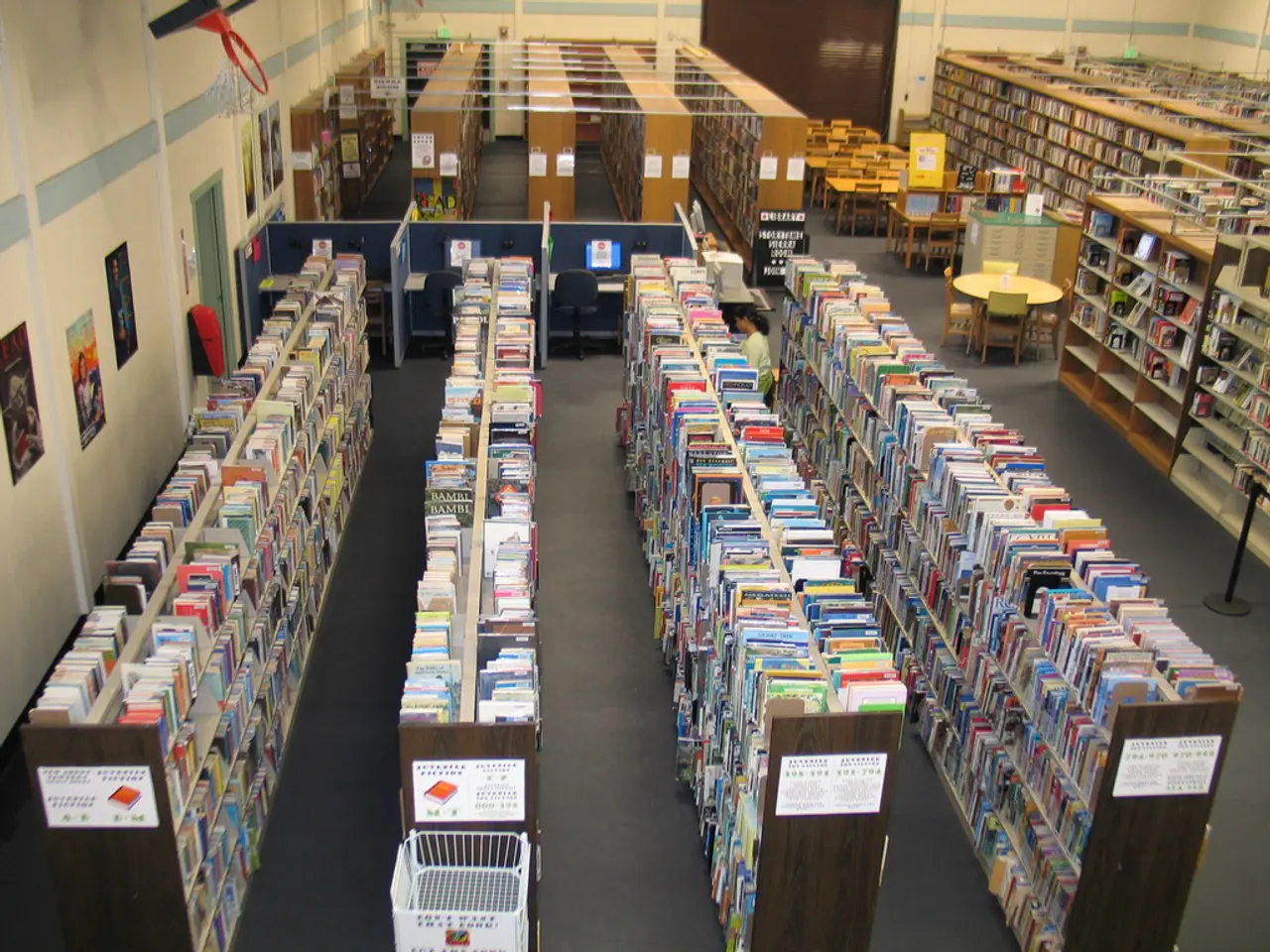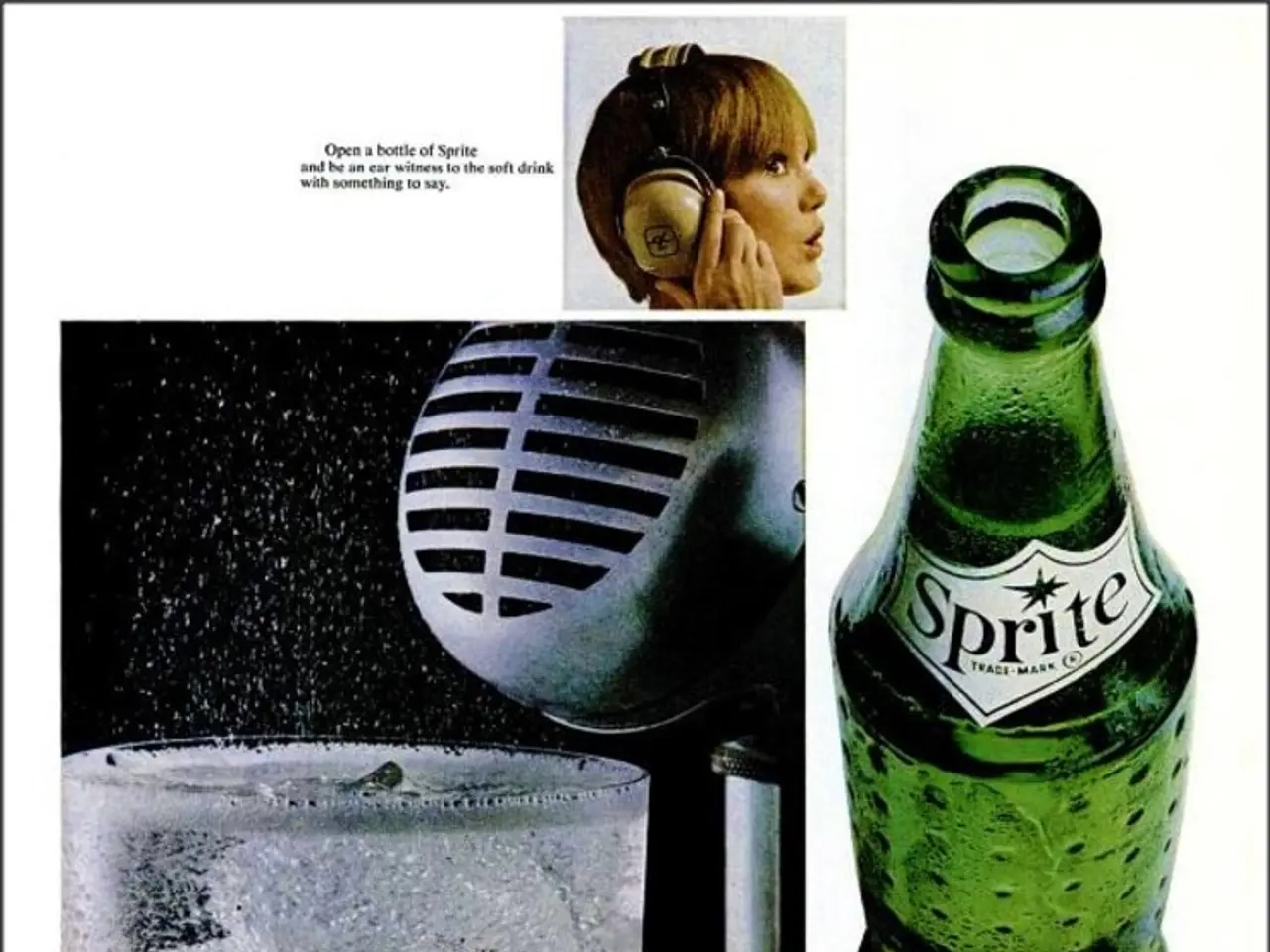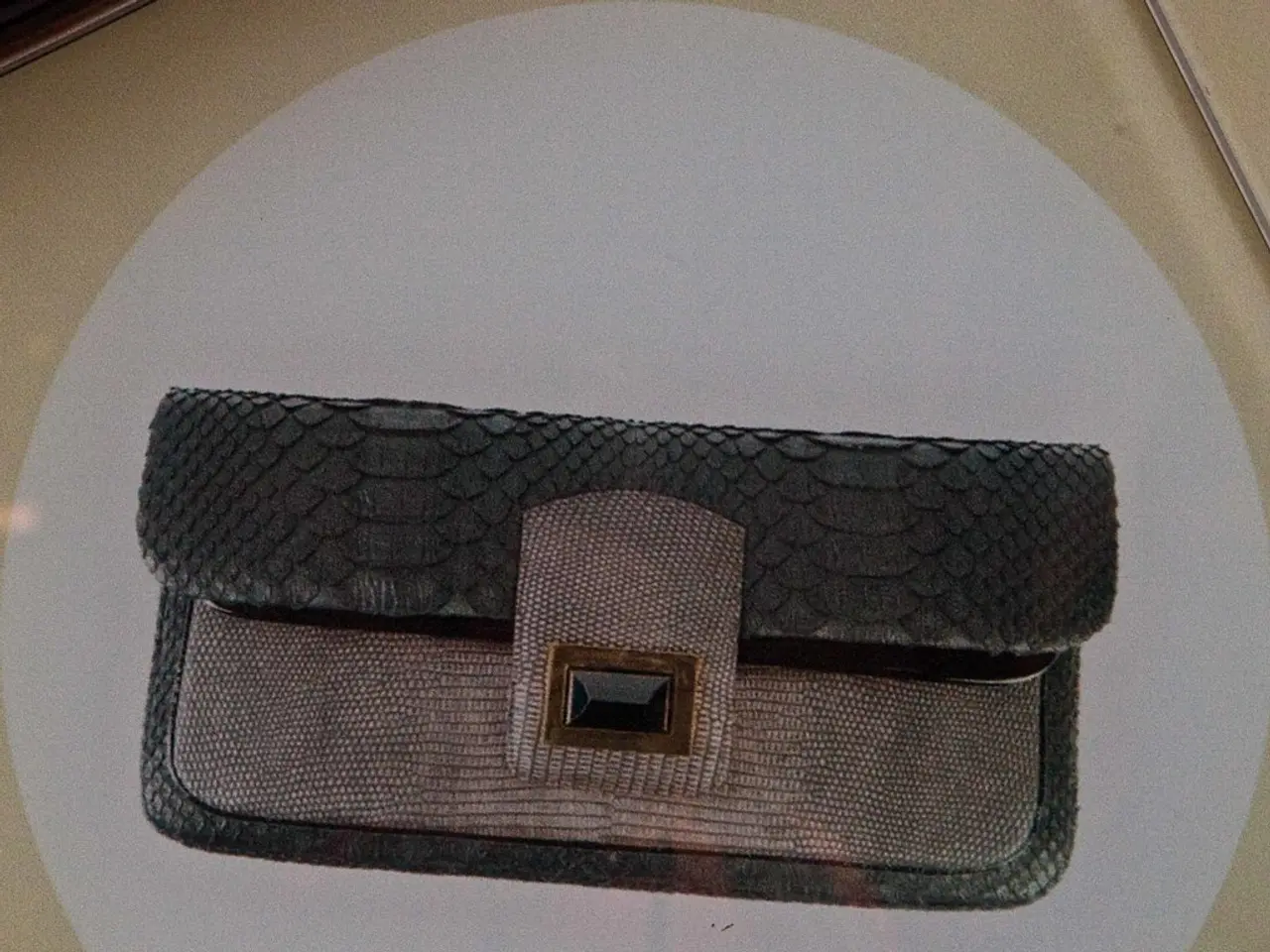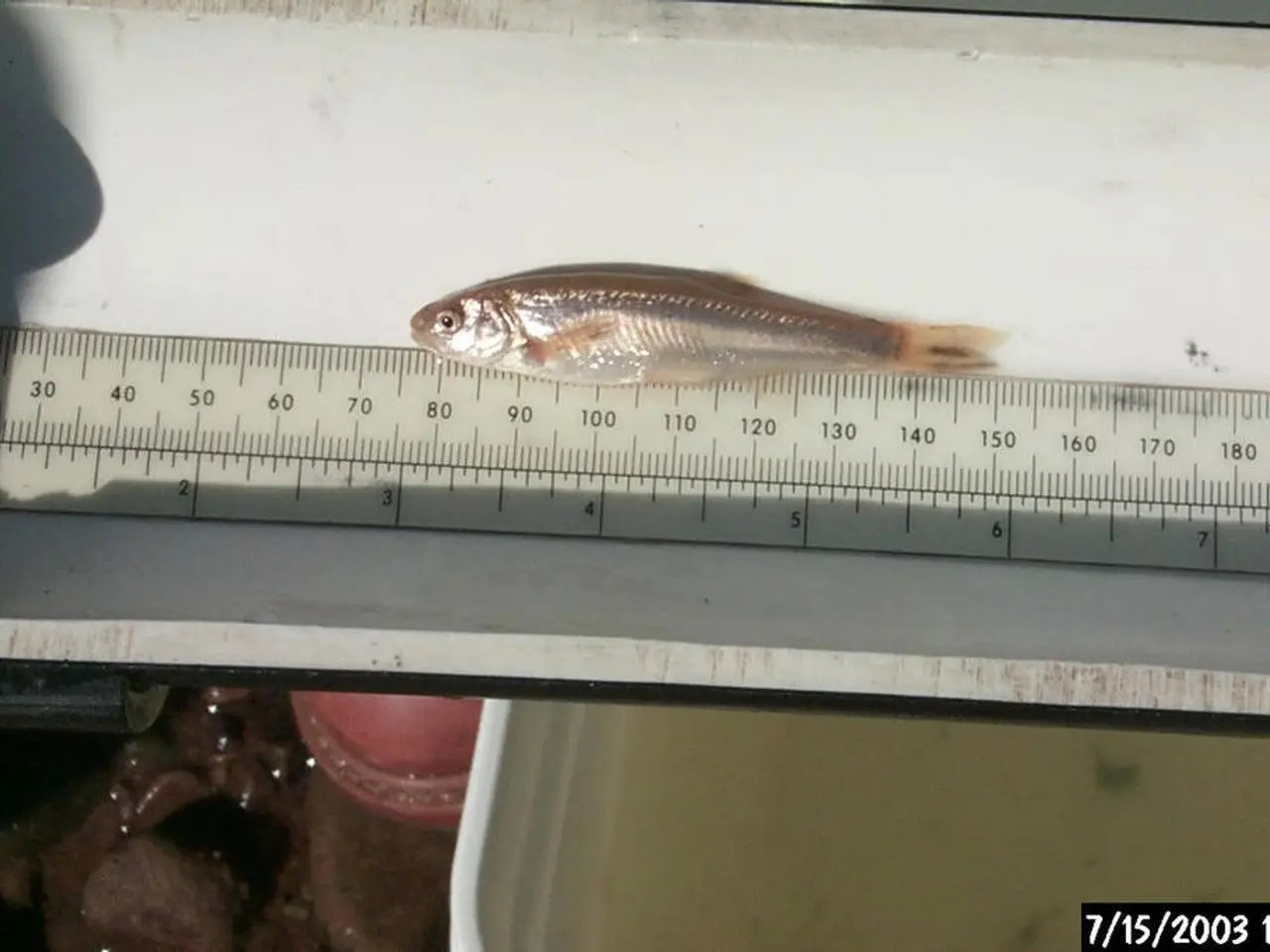Unveiling Literature Sources: How, What, Where, and Why – On-Campus and Off-Campus Book Acquisition
In the academic halls of Princeton University, students can find more than just knowledge; they can also discover a wealth of free books. Ignacio Arias, the Humanities Correspondent, explores the various ways students can build their personal libraries without breaking the bank.
One of the most straightforward methods is by tapping into departmental discards and giveaways. Many academic departments occasionally discard or give away books they no longer need. Students can find these opportunities by checking with their department offices or bulletin boards where such announcements are made. It's a common practice at universities to offer excess or outdated materials to students for free.
University and campus book fairs are another excellent source. Though no specific upcoming book fairs at Princeton were found, universities often host book fairs or exchanges at the start or end of semesters where students can pick up free or inexpensive books. Checking university event calendars or student group announcements can reveal these opportunities.
The Firestone Library offers extensive print collections, including contemporary popular fiction and nonfiction, through its Dixon collection, available for checkout, though these are not free to keep. Outside campus, the Princeton Public Library offers numerous books and events for youth and teens, which might also serve students interested in free access to books and literary activities.
For those who prefer digital reading, an ebook and audiobook app by Princeton University Press might occasionally feature free access promotions or university-supported resources for digital books.
To maximize chances of finding free books, Princeton students should check with their academic departments for discarded or giveaway books, monitor university announcements for book fairs or student book exchanges, utilize Princeton University Library's borrowing privileges, and explore Princeton Public Library events and resources.
For the most direct access to department discards and book fairs, contacting student organizations or academic offices is recommended since these are not always publicly posted online. The Princeton Public Library hosts seasonal book fairs with a wide selection and reasonable prices, and they also have a smaller section of used books for sale year-round.
The article also touches upon research-based courses focused on ecology on campus, academic conferences held on campus, and a topic related to human or animal subject research. However, specific details about the contents of these courses or conferences were not provided.
Over the course of four years, undergraduates tend to accumulate a good number of books and build up their own personal library. As many students read for pleasure or as part of reading groups, these free resources provide an excellent opportunity for them to expand their literary horizons.
Exploring free education resources, students can delve into lifestyle books by seeking out discards or giveaways from academic departments or university book fairs. Moreover, they might find beneficial self-development materials by participating in book fairs or student book exchanges or by using Princeton University Press's ebook and audiobook app.




